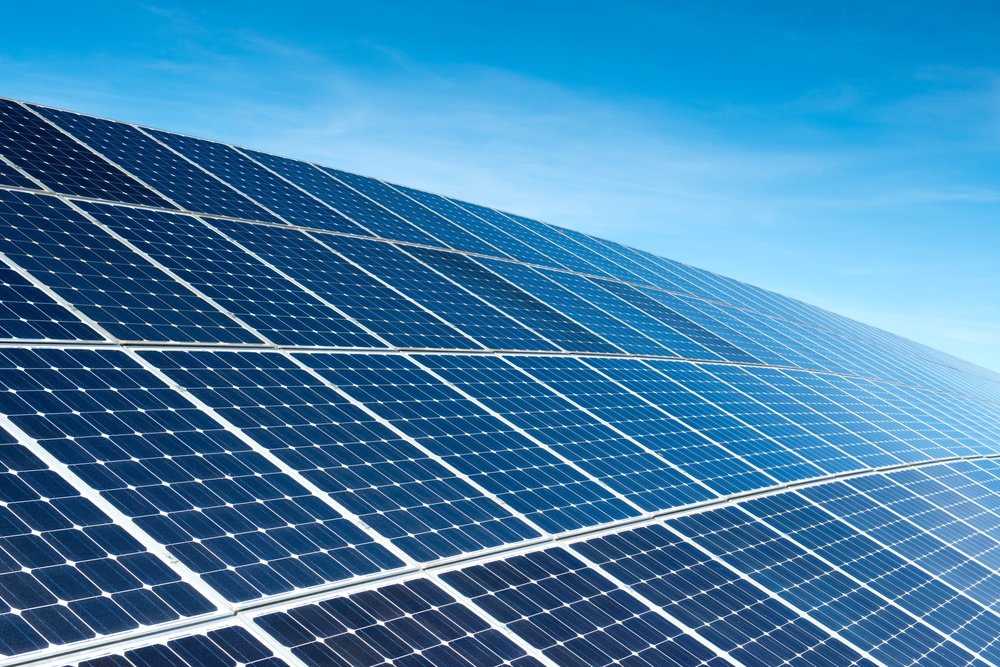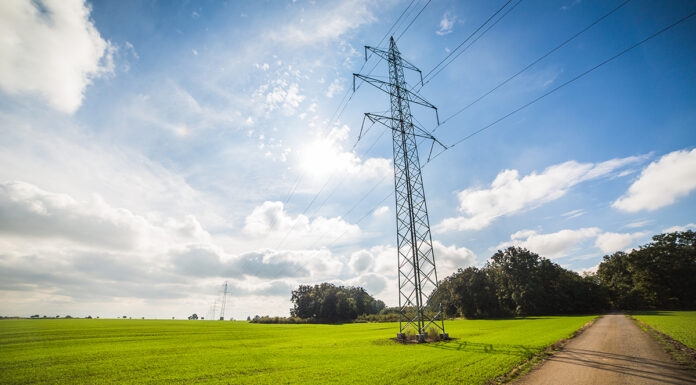Solar panels can be likened to power plants occurring naturally. They harness solar energy, converting it into a usable form of electricity that can be employed to power residential dwellings, electronic devices, and home appliances.
These panels, despite their sleek and unassuming appearance, comprise photovoltaic cells that perform remarkable feats when exposed to sunlight. However, the precise mechanism behind their functionality remains a subject of curiosity. Let us delve into the details to uncover the intricacies of their operation.
How Do Solar Panels Work?
Solar power systems are a remarkable technology that uses the sun’s energy to generate electricity. Not only are they clean and reliable, but they can save homeowners money while benefiting the environment.
The process begins when sunlight strikes the photovoltaic cells on the solar panels, releasing electrons and creating an electric current. This direct current (DC) electricity then needs to be converted into alternating current (AC) to power our homes and devices. This conversion is done by an inverter.
Through this straightforward yet impressive process, solar electric panels transform sunlight into usable energy. Imagine harnessing the sun’s rays that reach us daily to illuminate our lives. It’s like having a tiny piece of the sun right on our rooftops.
Choosing solar energy is a positive choice for both the planet and your wallet. Solar power systems are a wise investment for the future, providing clean energy and potential cost savings.
The Benefits of Using Solar Power In Your Home
Solar power is a great way to save money and help the planet. Solar panels convert sunlight into electricity, which can be used to power your home or business. This can save you a significant amount of money on your energy bills, and it can also help to reduce your carbon footprint.
Reliability
With solar power, you gain independence from the grid, eliminating concerns during storms and power outages. Your solar energy panels work continuously, providing reliable energy every day. By pairing solar panels with batteries, you can store excess energy from sunny days to use during cloudy periods or at night. It’s like having your own personal energy savings account.
Positive Environmental Impact
Embracing solar energy is a transformative choice, ushering in a cleaner and greener way of life. Traditional energy sources, like coal and natural gas, release carbon dioxide into the atmosphere, fueling climate change. Solar panels, in contrast, minimize these detrimental emissions, safeguarding the environment for future generations. By opting for solar power, you become an integral part of the solution.
Lower Energy Bills
Harnessing the power of the sun through solar panels can lead to substantial savings on your electricity bills. Imagine reducing your power costs significantly or even eliminating them entirely. These panels can serve as miniature power stations on your roof, efficiently generating electricity. And if your panels generate more than you need, you have the option to sell the surplus back to the grid, providing you with an additional income stream.
Increased Property Value
Investing in solar-powered panels offers long-term benefits beyond mere expenses. Studies indicate that properties equipped with solar systems garner enhanced value in the real estate market. Eco-conscious buyers find immense appeal in homes that promote sustainable living and provide cost-efficient energy solutions.
Closing Thoughts
Solar energy has transcended its niche status and is rapidly gaining popularity, akin to a viral cat video. With advancing technology, lowering costs, and increasing awareness, solar panels are now a prevalent feature on rooftops across the globe.
Therefore, it’s time to welcome the sun into your life. Let those panels harness their energy, fuel your daily activities, and play a part in caring for our planet.
Keep in mind that renewable energy panels go beyond mere cost savings; they symbolize our collective effort to save the world.










